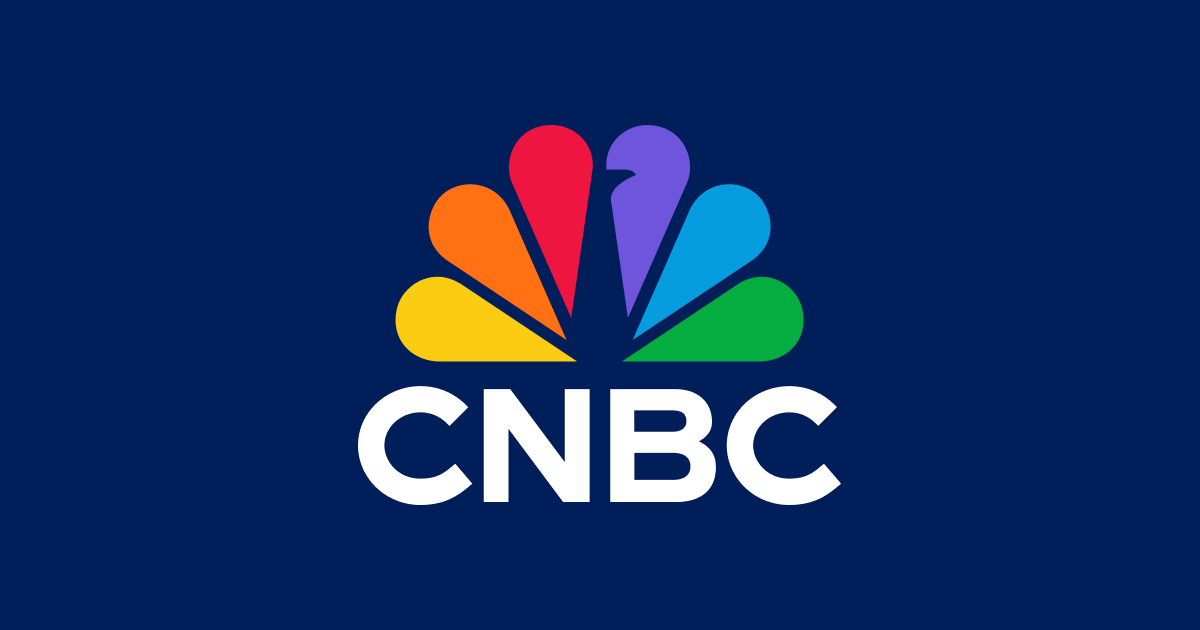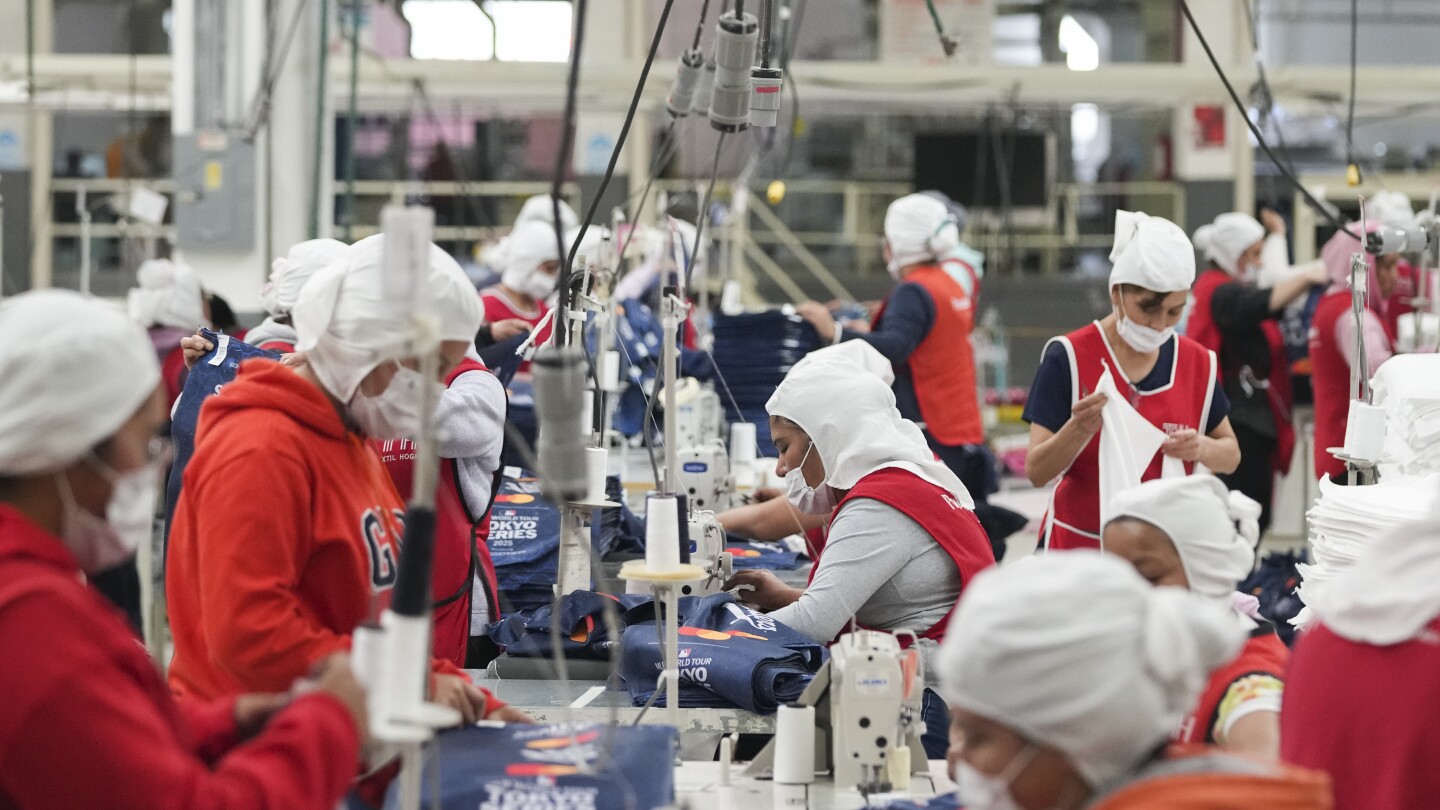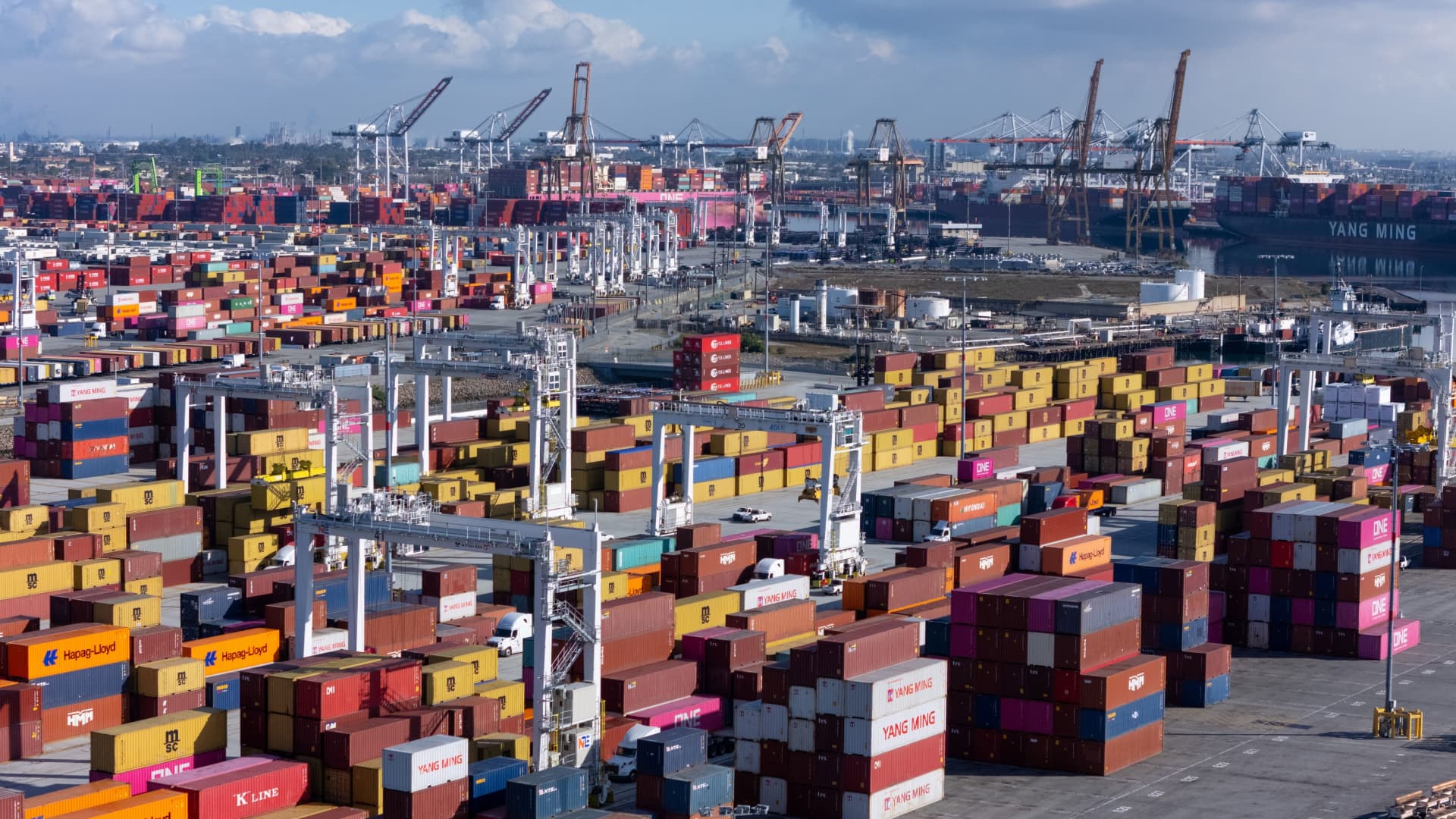Trump Blames Federal Reserve for Soaring Inflation Post-Rate Decision
In a striking post-rate decision commentary, former President Donald Trump has once again turned the spotlight on the Federal Reserve, attributing the current surge in inflation directly to the central bank’s actions. This provocative statement has sparked renewed debate about the intricate relationship between politics and monetary policy, particularly in a financial landscape that has seen unprecedented challenges in recent years. As inflation continues to impact everyday Americans, understanding the implications of Trump’s remarks and the broader economic context is essential.
The Context of Trump’s Statement
Following the Federal Reserve’s recent decision to adjust interest rates, Trump took to social media platforms to express his frustration. He accused the Federal Reserve, led by Chair Jerome Powell, of exacerbating inflationary pressures through what he termed as misguided policies. His remarks come at a time when inflation rates have reached levels not seen in decades, impacting the cost of living for millions of Americans.
Trump’s comments are not merely a reflection of his personal grievances; they resonate with a significant segment of the population that feels the pinch of rising prices on basic goods and services. The former president’s critique raises important questions about accountability and the role of the Federal Reserve in managing the economy.
Understanding Inflation and Its Causes
Inflation refers to the general increase in prices and the corresponding decrease in the purchasing power of money. It is a complex phenomenon influenced by various factors, including:
- Supply Chain Disruptions: The COVID-19 pandemic has disrupted global supply chains, leading to shortages of goods and increased prices.
- Increased Demand: As economies reopen, pent-up consumer demand has surged, further driving up prices.
- Monetary Policy: The Federal Reserve’s policies, such as low interest rates and quantitative easing, aim to stimulate the economy but can also contribute to inflation if not carefully managed.
Trump’s assertion that the Federal Reserve is primarily responsible for soaring inflation simplifies a multifaceted issue. While monetary policy plays a crucial role, it is essential to consider the interplay of these various factors.
The Federal Reserve’s Role in the Economy
The Federal Reserve, often referred to as the Fed, is the central bank of the United States. Its primary responsibilities include managing monetary policy, regulating banks, maintaining financial stability, and providing financial services. The Fed has a dual mandate: to promote maximum employment and to maintain stable prices.
In recent years, the Fed has employed a range of tools to navigate economic challenges. These include:
- Interest Rate Adjustments: By raising or lowering interest rates, the Fed can influence borrowing, spending, and investment, which in turn affects inflation.
- Quantitative Easing: This involves the purchase of government securities to inject liquidity into the economy, encouraging lending and investment.
- Forward Guidance: The Fed communicates its intentions regarding future monetary policy to shape economic expectations.
Trump’s criticism of the Fed often centers on its interest rate policies. He has argued that keeping rates too low for too long can lead to excessive inflation, a sentiment shared by some economists who advocate for more aggressive rate hikes in response to rising prices.
The Political Implications of Trump’s Critique
Trump’s comments reflect a broader trend where political leaders seek to influence or critique the actions of the Federal Reserve. This relationship between politics and monetary policy is complex and can have significant implications for economic stability. Some key points to consider include:
- Independence of the Federal Reserve: The Fed’s independence is crucial for effective monetary policy. However, political pressure can complicate its decision-making process.
- Public Perception: Statements from influential figures like Trump can shape public perception of the Fed, potentially undermining confidence in its ability to manage inflation.
- Future Policy Decisions: As the Fed grapples with inflationary pressures, political commentary may influence its future decisions on interest rates and other monetary policies.
In the wake of Trump’s remarks, some analysts speculate about how this dynamic could play out in upcoming monetary policy decisions. If political pressures mount, the Fed may face challenges in maintaining its commitment to independent decision-making.
Looking Ahead: The Road to Economic Stabilization
As inflation continues to be a pressing issue, both the Federal Reserve and political leaders must navigate this landscape carefully. Here are some considerations for the path forward:
- Balanced Approach: The Fed must find a balance between stimulating economic growth and controlling inflation. Gradual interest rate hikes may help mitigate inflation without stifling recovery.
- Comprehensive Economic Policies: Policymakers should focus on broader economic strategies, including addressing supply chain issues and enhancing workforce participation, to tackle inflation in a holistic manner.
- Transparency and Communication: Clear communication from both the Fed and political leaders can help manage public expectations and build confidence in the economic recovery process.
In conclusion, Trump’s assertion that the Federal Reserve is to blame for soaring inflation post-rate decision has reignited the conversation about the intersection of politics and monetary policy. While the Fed plays a critical role in managing inflation, it is essential to recognize the multifaceted nature of this issue. By fostering collaboration between political leaders and economic policymakers, the United States can work toward sustainable economic stability and growth.
See more CCTV News Daily



